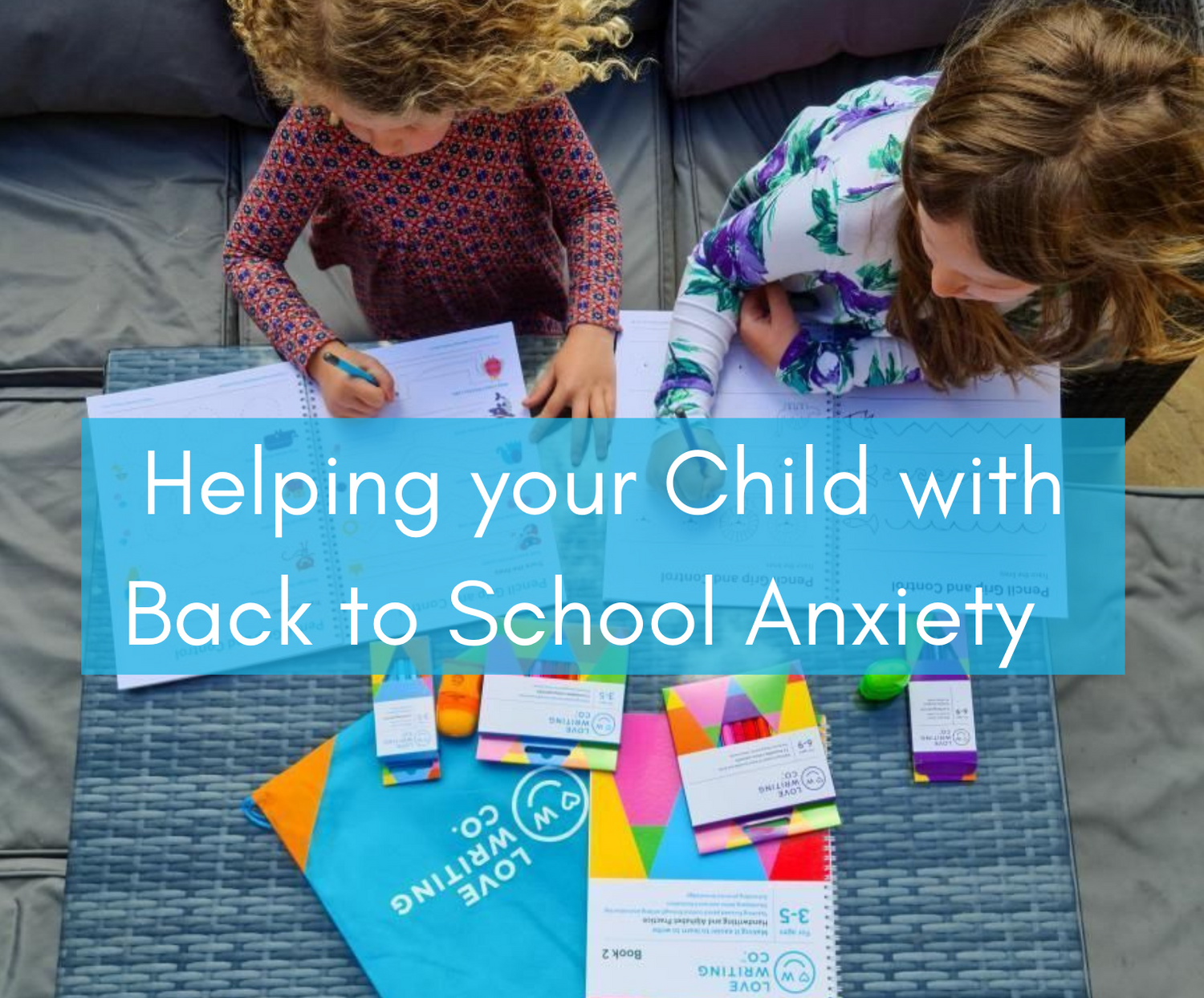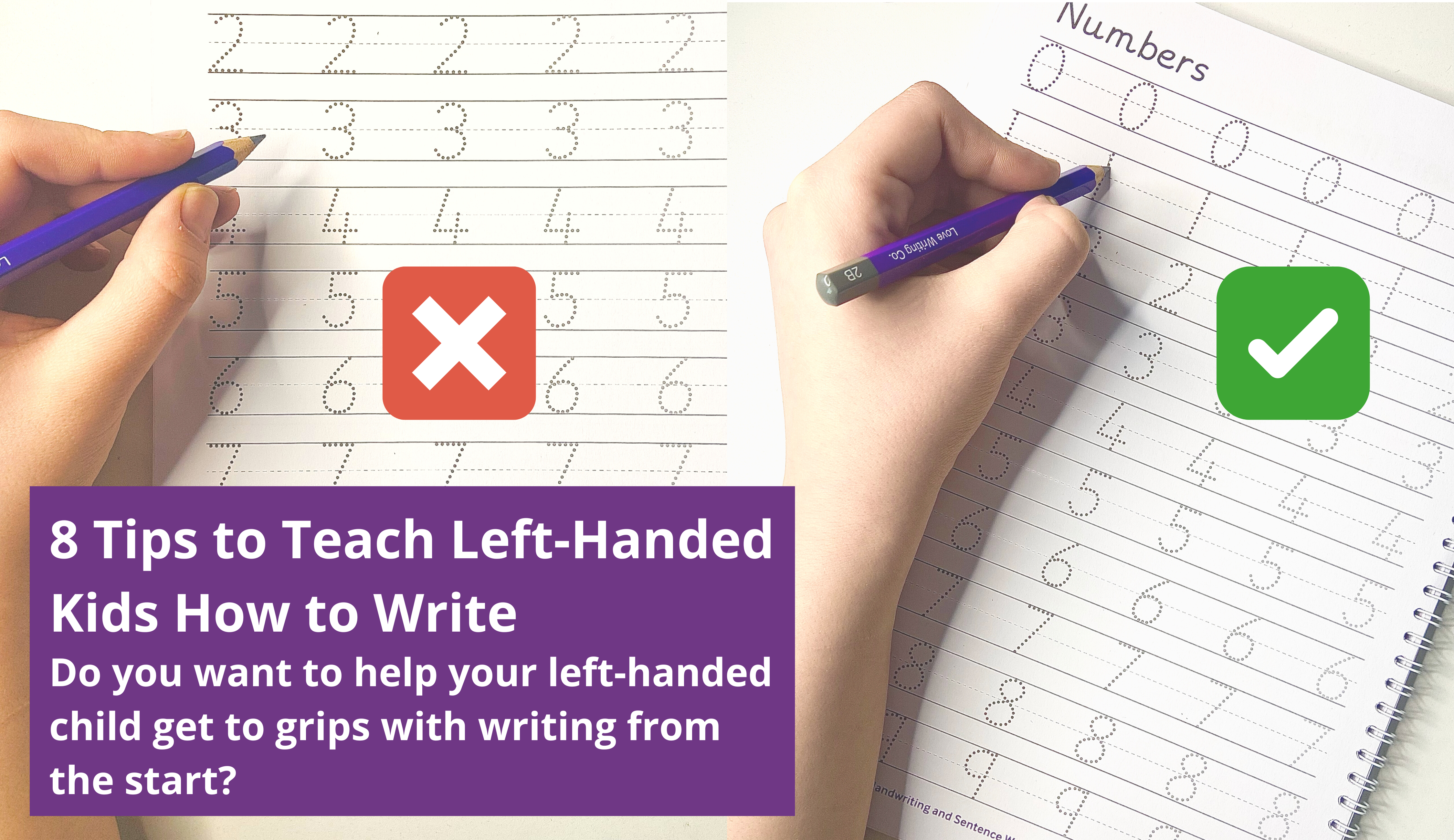Feelings of nervousness when returning to school are natural for children as they are often worried about making friends, doing well in class, fitting in or being away from their parents. Usually these worries dissipate after they return to their routine and settle in for the academic year.
However, this year we must all adjust to a ‘new normal’, where social distancing, frequent sanitising and handwashing become standard procedure. If a child is already anxious, this could create even more issues to worry about:
- What if I get coronavirus?
- What if I give my family coronavirus?
- What if my friends don’t socially distance properly?
- What if my friends don’t take the virus seriously enough?
- How can we maintain social distancing every day?
Returning to school after the pandemic can be particularly upsetting for children, who may be nervous about starting or returning to school already. Children's varying levels of fear towards the situation will make learning this year more difficult than before. So, how can you help your child with back to school anxiety in 2020?
We’ve come up with 5 techniques for parents to help their children:
Encourage your child to share their worries
A worry shared is a worry halved. An a
nxious child will ruminate on their worries and might tend to ‘bottle-up’ their emotions. This is harmful for their mental health. To prevent this, prompt your child to discuss their fears openly with you. By having an outsider's perspective on them, you can rationalise their worries and sympathise with them, so they do not feel alone in their anxiety. This is vital to improving your child’s mental health and encourages them to share their emotions with others. Therefore, when they are anxious again, they will be more likely to confide in you.
Validate your child’s feelings
It is important to reassure your child without dismissing their worries. Rather than dismissively saying ‘It’ll be fine’ and ‘Don’t worry’, these platitudes may be counterproductive and discourage your child from opening up to you again. Make sure you listen to your child’s fears and validate them by responding with things such as ‘I understand why that’s worrying you.’ Identify your child’s emotion, offer them justification for their feelings (e.g. ‘I would be worried about that too’) before giving them a practical solution to solve their worry. Particularly due to the pandemic, it can be hard to offer solutions for these worries which may be larger than any your child has faced before. But before problem-solving, you must ensure your child feels listened to, and their emotions are validated, so that they feel assured, accepted, and ready to hear constructive advice.
Reassure and offer advice
After validating your child’s emotions, your instinct might be to reassure them. For example, if your child is worried that their peers might not socially distance properly, and this is something that they take very seriously, avoid saying ‘It’ll be fine!’ Which could invalidate your child’s worry and make them feel as if they’re worrying unnecessarily. Instead, you could respond more productively by saying:
‘I understand why that’s worrying you. Your teachers will do their very best to make sure everyone follows social distancing; they will have put lots of precautions in place. If people were to break the rules, the teachers will be sure to keep them in line. If they don’t notice, remember you are doing the right thing by wanting to socially distance. You can always talk to me or a teacher about it if this happens and it bothers you. I’m sure it’ll be fine. If it isn’t, we’ll sort it.’
Obviously, you wouldn't talk to your child this formally! You know your child better than anyone and how best to react to their anxious feelings. In such unprecedented circumstances as the pandemic, try not to dismiss their feelings with ‘you’ll be fine.’ Offer them solutions if their worries were to come to fruition, so they know that these worries can be solved, and they can always ask for help. Moreover, ensure to use collective pronouns like ‘we’, so your child feels as if they are not facing their problems alone.
Focus on the positives
Remind your child of all the positives of being able to go back to school. Maybe they’re getting to see their friends again or they can learn more about their favourite subject. If your child finds it hard to focus on the positives, give them incentives to become excited for going back to school. Treat them to some new stationery or a new school bag. Or suggest a fun activity they’ve been looking forward to and plan it on the weekend after they’ve finished their first week back. They will be sure to be excited for their trip to the cinema or the zoo at the weekend, and it could be their reward for finishing their first week back at school.
Be excited for them!
To help your anxious child stop worrying, it is important to pay attention to your own behaviour. If you are calm and excited about your child returning to school, they are more likely to feel calm and excited about the situation too. However, if you are obviously nervous about your child’s return and tell them so, they will feel as if there is something to worry about and ruminate on this themselves. Hopefully, if you are worried about the situation, by comforting your child you can find some comfort in the solutions you are proposing to them as well. It is important to be kind to yourself during these times, too!




Leave a comment
All comments are moderated before being published.
This site is protected by hCaptcha and the hCaptcha Privacy Policy and Terms of Service apply.